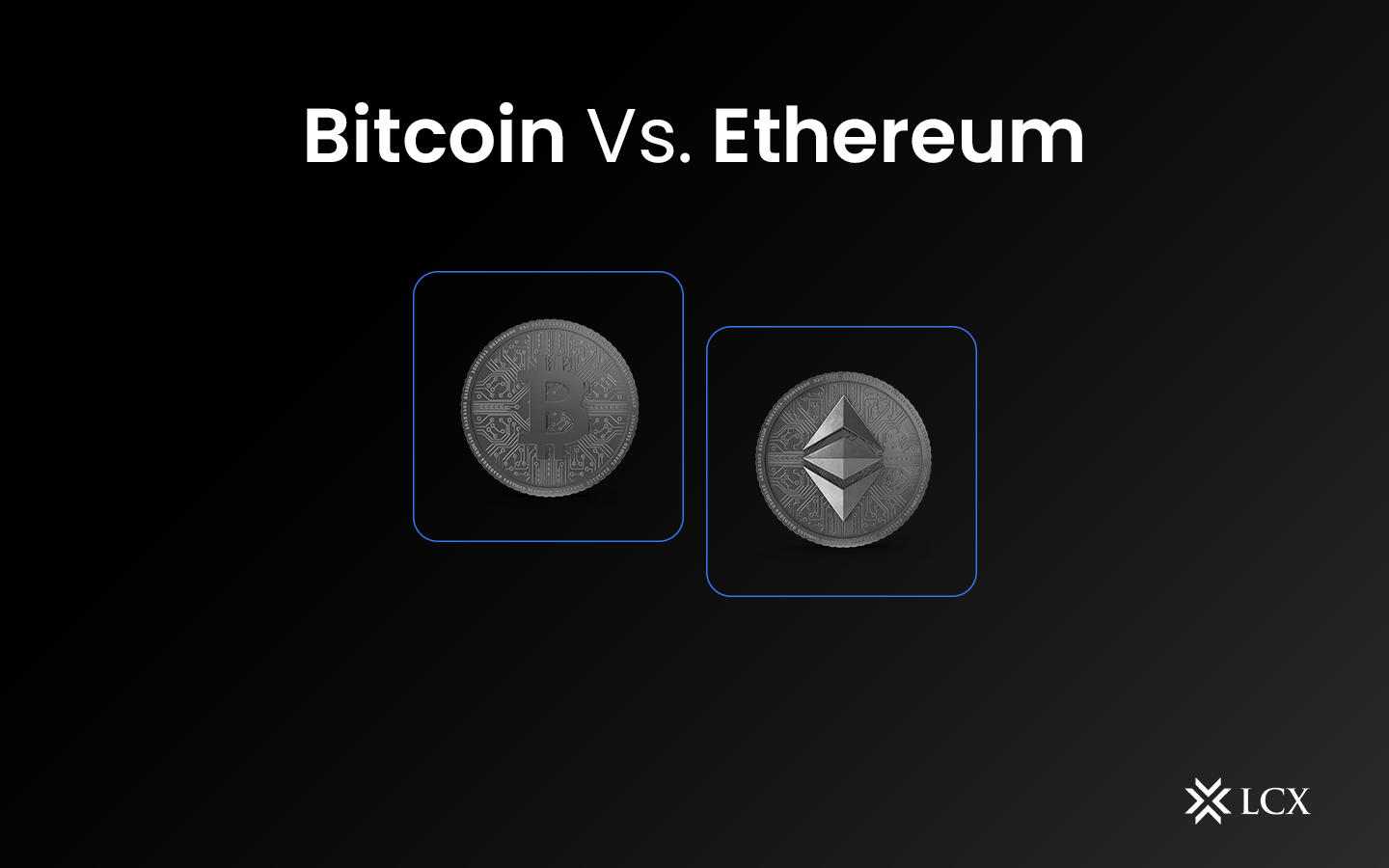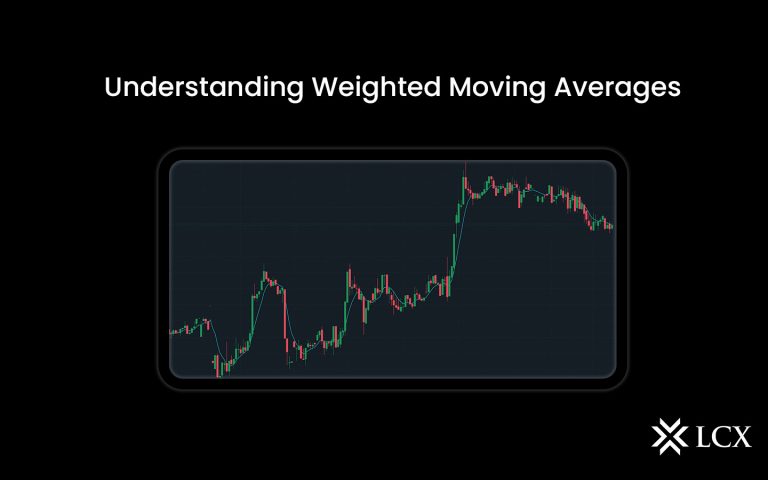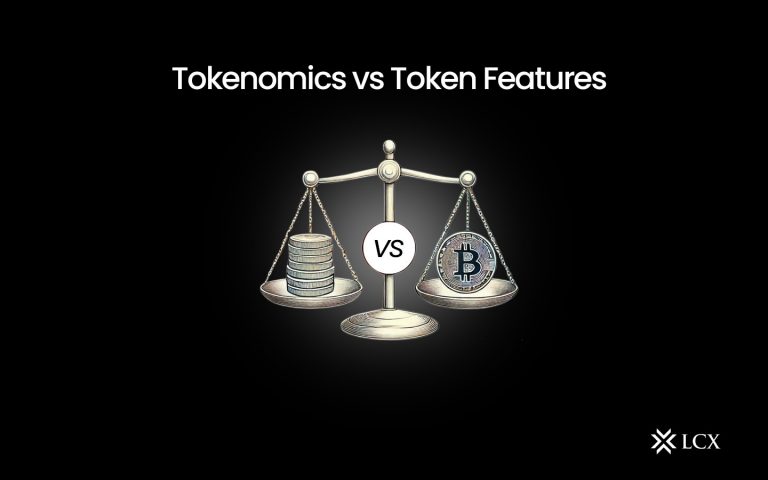After bitcoin, Ether, the cryptocurrency of the Ethereum network, is the second most widely used digital token. Comparisons between Ether and bitcoin are only natural given that Ether is the second-largest cryptocurrency by market capitalization (market cap), especially with the recent transition of Ethereum PoW into PoS, also known as the Ethereum Merge.
Bitcoin and Ether share some similarities too. Both of them are digital currencies that can be traded on digital exchanges and stored in different kinds of cryptocurrency wallets. Both of these tokens are decentralized, which means they are not regulated or issued by a central bank or other authority. Both rely on blockchain, a distributed ledger technology. However, there are numerous critical differences between these two most popular cryptos in terms of market capitalization.
Basics Of Bitcoin
Bitcoin was first introduced in January 2009. It introduced a novel concept outlined in a white paper by the enigmatic Satoshi Nakamoto. Bitcoin offers the commitment of a digital currency that is secure without the intervention of a centralized authority, unlike government-issued currencies.
There are no physical bitcoins; instead, there are balance sheets attributed with a cryptographically secured public distributed ledger.
Even though bitcoin wasn’t the first endeavor at a digital currency of this type, it was among the most successful in its early efforts, and it has gained a reputation as a forerunner in some way to nearly all cryptocurrencies developed over the last decade.
Basics Of Ethereum
Blockchain technology is used to develop applications that go beyond simply enabling digital currencies. Ethereum, which was launched in July 2015, is the world’s largest and most well-known open-ended decentralized software platform.
Ethereum enables the development and deployment of smart contracts and decentralized applications (dApps) with no fraud, downtime, control, or interference from a third party. Ethereum includes its very own programming language that runs on a blockchain and allows developers to create and run distributed applications. Ethereum’s potential applications are diverse, and they are fueled by its native cryptographic token, ether (ETH).
Ether is utilized by developers to create and execute applications on the Ethereum platform, much like fuel is used to run commands on the platform.
Key Differences Between Bitcoin And Ethereum
| Bitcoin | Ethereum |
| Bitcoin works on Proof of Work (PoW) consensus protocol | With the recent launch of the Ethereum Merge, Ethereum now works on Proof of Stake (PoS) consensus algorithm. |
| During the 2008 financial crisis, the goal of Bitcoin was to replace national currencies. | The goal of Ethereum was to use blockchain technology to run a decentralized payment network and store computer code. |
| It does not have smart contracts. | Ethereum allows us to create smart contracts. Smart contracts are computer codes that are stored on a blockchain and execute when the predetermined terms and conditions are met. |
| Generally, bitcoin transactions are only for keeping notes. | Ethereum transactions may contain some executable code. |
| Bitcoin runs on the SHA-256 hash algorithm. | Ethereum runs on the Ethash proof-of-stake algorithm. |
| The block time of Bitcoin is 10 minutes. | The block time of Ethereum is 12 to 15 seconds. |
| This blockchain has a block limit of 1 MB. | There is no block limit here |
| In bitcoin, the transaction throughput is 7 transactions per second | In Ethereum, the transaction throughput is 30 transactions per second |
| Bitcoin has a finite supply, capped at 2 million BTC | Ethereum has infinite supply. |
Conclusion
Scalability issues plague both the Bitcoin and Ethereum networks. While Bitcoin can handle seven transactions per second on average, the Ethereum network can manage around 30 transactions per second. As the number of individuals using both blockchain technology grows over time, Bitcoin and Ethereum have nearly reached their capacity limits and require solutions to accommodate more users.
BTC and ETH take different approaches to addressing scalability issues. Bitcoin has made technical advancements such as Segregated Witness (SegWit), which “separates” some data from the available space in each block propagated to the network. On the other hand, Ethereum came up with the Ethereum Merge. Although it currently does not address the issue of scalability directly, its second phase is supposed to come up with more promising solutions.









